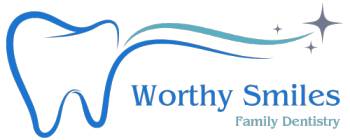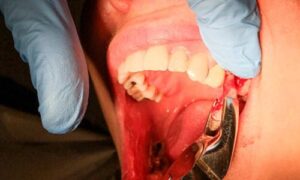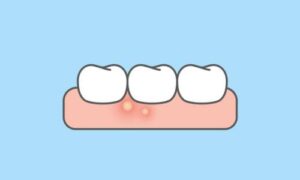Dental anxiety is a common fear experienced by numerous individuals when visiting the dentist. This apprehension can stem from various factors, such as the fear of pain, discomfort, or past negative experiences. However, addressing and overcoming these anxieties is crucial for optimal oral health. This article will explore how to overcome dental anxiety and practical strategies to conquer this fear, allowing individuals to receive the dental care they need confidently and efficiently.
Understanding Dental Anxiety
Dental anxiety is a psychological condition that causes intense fear and apprehension when facing dental appointments or procedures. The reasons behind this anxiety can be multifaceted, ranging from fear of needles and dental drills to concerns about potential judgment or embarrassment. Let’s examine some of the common factors contributing to dental anxiety:
1. Fear of Pain and Discomfort
One of the primary reasons individuals fear visiting the dentist is the anticipation of pain and discomfort. The perception of dental procedures as painful can be deeply ingrained, often fueled by negative portrayals in popular media. It is crucial to note that advancements in dental technology and anesthesia have significantly reduced pain during procedures. Dentists prioritize patient comfort and work diligently to ensure minimal discomfort.
2. Previous Negative Experiences
Adverse experiences during past dental visits can leave a lasting impact on an individual’s perception of dental care. Painful procedures, inadequate communication, or feeling rushed or unheard can contribute to dental anxiety. However, it is essential to recognize that every dental professional is committed to patient well-being and strives to provide a positive experience during each visit.
3. Feeling of Helplessness and Lack of Control
Sitting in the dental chair, individuals often experience a sense of helplessness and lack of control over their bodies. This loss of power can be anxiety-inducing, especially for those who prefer to be in charge of their well-being. Dentists understand these concerns and encourage open communication with their patients, allowing individuals to voice their fears and seek reassurance.
Overcoming Dental Anxiety
While dental anxiety may seem daunting, there are effective strategies that individuals can employ to conquer their fears and make their dental visits more comfortable. By adopting the following techniques, patients can take control of their dental health:
1. Openly Communicate with Your Dentist
Establishing clear and open communication with your dentist is paramount in overcoming dental anxiety. Inform them about your fears and concerns, allowing them to tailor the treatment plan and approach to your specific needs. A compassionate dentist will take the time to listen, address your worries, and offer suitable solutions to alleviate anxiety.
2. Choose a Supportive Dental Practice
Seeking out a dental practice known for its patient-centric approach can make a difference for individuals with dental anxiety. Look for a dentist and dental team that prioritize patient comfort, actively creates a relaxing environment, and employs distraction or relaxation techniques to ease stress.
3. Gradual Exposure and Desensitization
For individuals with severe dental anxiety, a step-by-step approach known as gradual exposure can be highly effective. This technique involves starting with minor dental procedures and gradually progressing to more complex treatments, allowing patients to build confidence and trust over time.
4. Distraction and Relaxation Techniques
Relaxation techniques, such as deep breathing exercises, guided imagery, or calming music, can help alleviate anxiety during dental appointments. Dentists often provide distractions like TV shows, movies, or virtual reality headsets to divert patients’ attention and create a more comfortable experience.
5. Sedation Dentistry
Dentists may sometimes recommend sedation dentistry for patients with severe dental anxiety. Sedation techniques, such as nitrous oxide (laughing gas), oral sedatives, or intravenous sedation, can induce relaxation, ensuring patients receive the necessary dental care while feeling calm and at ease.
Conclusion
Dental anxiety should not hinder individuals from seeking proper dental care. Individuals can overcome their fears and prioritize their oral health by understanding the root causes of dental anxiety and employing effective strategies, such as open communication, gradual exposure, and relaxation techniques. Remember, dentists are dedicated to providing exceptional care and ensuring patient comfort. Take the first step towards conquering dental anxiety and confidently embrace a healthy smile.














